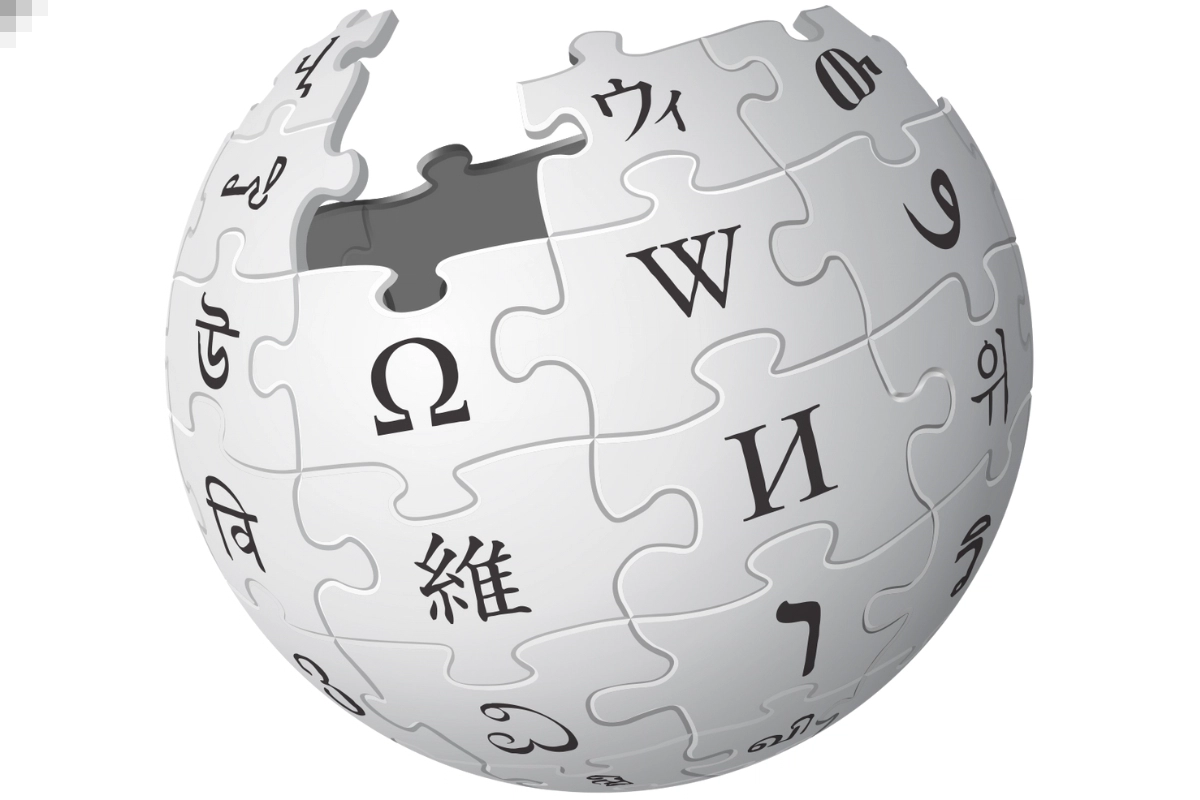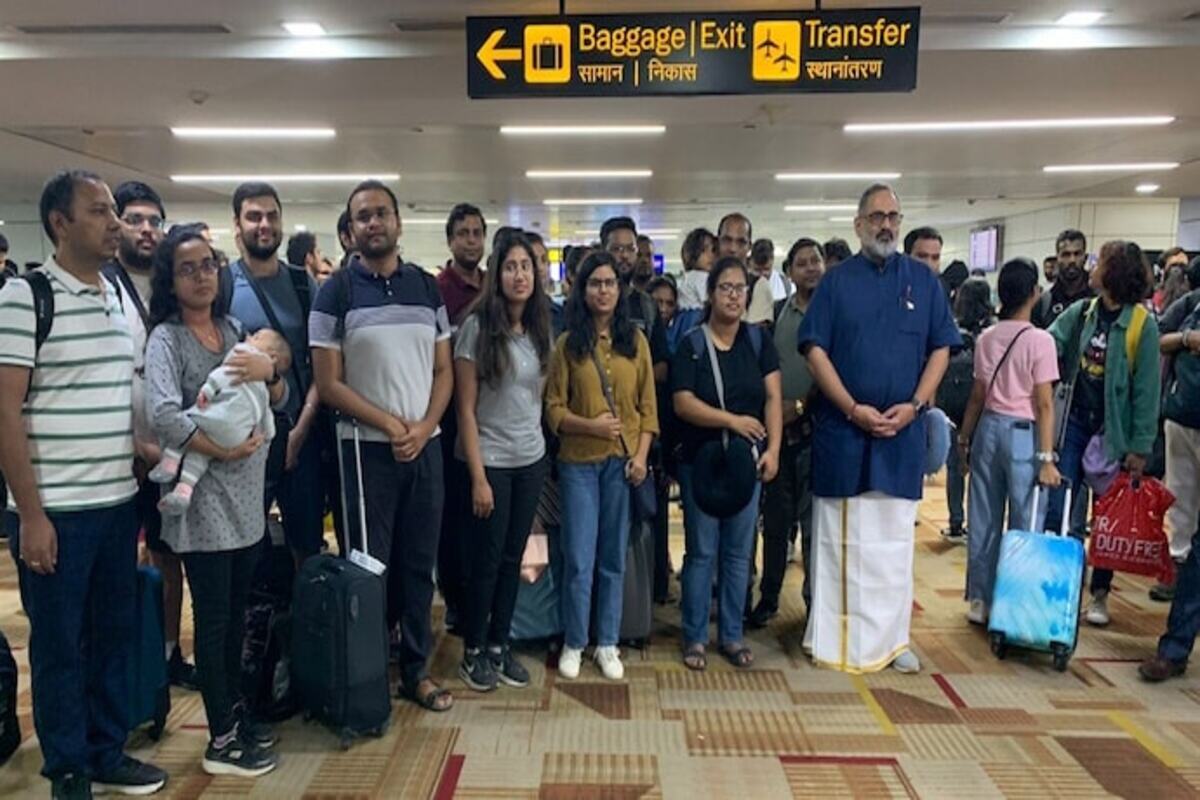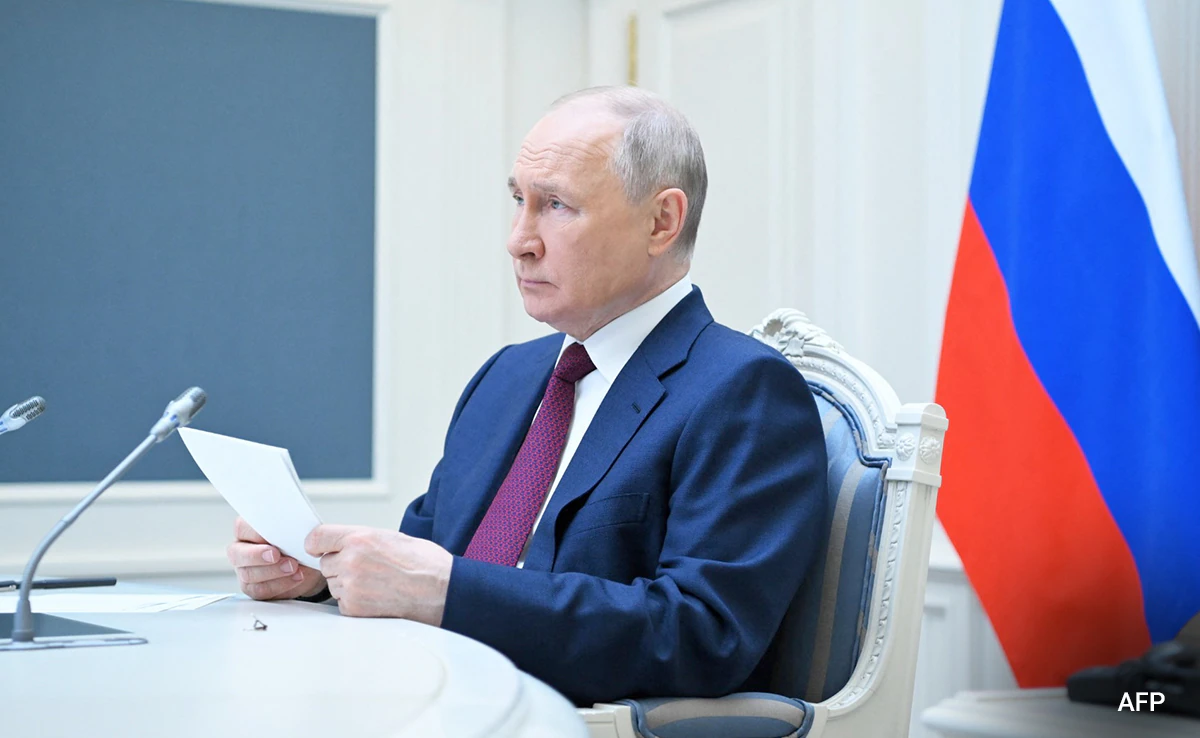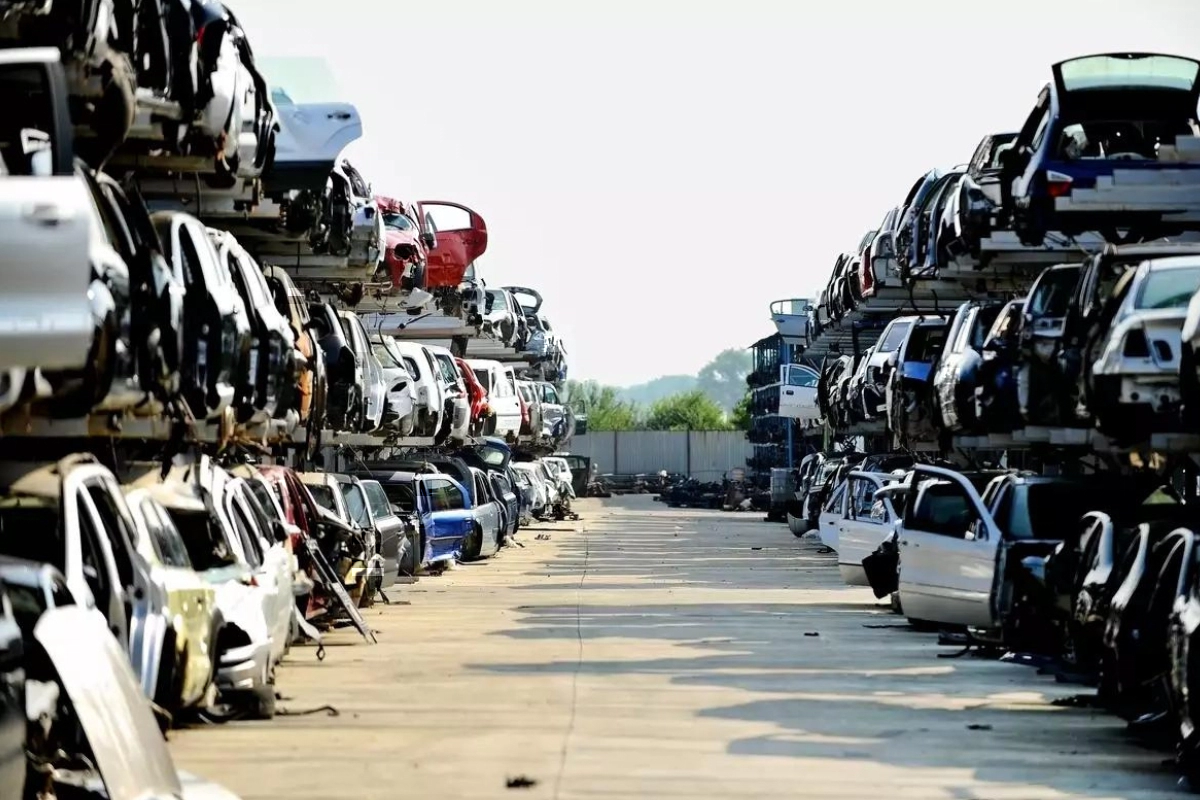Wikipedia: The Indian government recently raised concerns about Wikipedia, one of the most popular online encyclopedias in the world. The government has sent a notice to Wikipedia, pointing out issues like bias and control over content editing. Officials worry that the platform may not be as neutral as it claims, especially on topics that are important to Indians. The government is now seeking answers from Wikipedia about how it manages content and who has the power to control it.
Issues of Bias and Accuracy
The Indian government’s notice is based on complaints that some Wikipedia articles may not be completely accurate or neutral. Officials think that a small group of editors could be influencing certain topics, which may lead to biased information. Since Wikipedia is widely used, especially by students and researchers, having unbiased content is crucial. The government wants to ensure that the information on Wikipedia about Indian topics and people is fair and accurate.
Open Editing: Benefit or Problem?
One of Wikipedia’s unique features is its “open editing” model, which lets anyone with internet access edit articles. This openness allows people from all over the world to share knowledge and help build the platform. However, this feature has also led to problems. Recently, the Delhi High Court criticized Wikipedia’s open-editing model, calling it “dangerous” because it can lead to the spread of false or misleading information. The court’s comments came during a defamation case, where it pointed out that letting anyone edit Wikipedia can harm the platform’s reliability, especially for important information about people or organizations.
Should Wikipedia Be Seen as a Publisher?
The government’s notice also questions whether Wikipedia should be seen as a “publisher” rather than just a “platform.” Normally, platforms don’t have to take responsibility for the content posted by users. But if Wikipedia is viewed as a publisher, it might have to ensure more control over the content, making sure it is accurate and fair. This would mean Wikipedia could face tougher rules and be held accountable for biased or inaccurate content, especially on controversial topics.
Wikipedia’s Rules and Policies for Content Control
In response to the court’s concerns, Wikipedia’s legal team explained that they do have guidelines to prevent biased or false information. These rules encourage editors to follow certain standards, and they work to remove harmful content. Wikipedia said that, while anyone can edit articles, they have systems in place to check that the information is reliable. However, the government is still concerned about how well these rules are being followed and whether there are enough editors to ensure the truthfulness of information.
Keep watching our YouTube Channel ‘DNP INDIA’. Also, please subscribe and follow us on FACEBOOK, INSTAGRAM, and TWITTER.













Discussion about this post